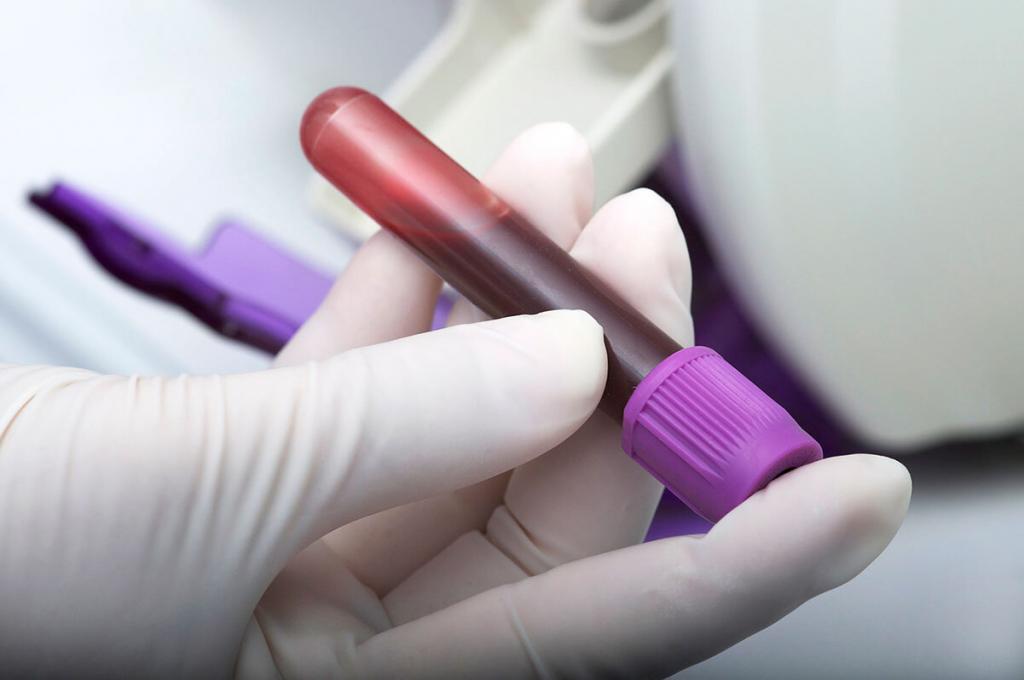Tell us if this scenario sounds familiar: you were on a business trip, and now you’re on your way home. You drove all night, and you’re so tired that you can barely think straight. But, there are only a few more miles until you get home, so you push the pedal. If you are lucky enough, you get home safely.
Although extremely risky and dangerous, drowsy driving happens more often than reported, causing a large number of fatalities throughout the country. According to a 2013 report from the NHTSA (the National Highway Traffic Safety Administration,) drowsiness behind the wheel was responsible for 800 deaths from about 70,000 car crashes that year.
While these numbers are already high, another problem with estimating just how damaging drowsy driving is, is that it goes unreported and it cannot be tested and measured accurately. Or can it?
Blood Test to Determine Sleep Deprivation

A breakthrough study conducted at the University of Surrey by their Sleep Research Center has identified biomarkers that can tell if someone is sleep deprived or not. The accuracy with which the test could say who was sleep deprived and who got enough rest is 92% at this moment.
That is remarkable, considering that the test is pioneering the way we measure fatigue and sleepiness. The blood test could mean a way of scientifically determining a driver’s fault in drowsy driving cases. At the moment, law enforcement relies mostly on witness reports to get the facts straight.
The study, led by Professor Derk-Jan Dijk, found that only one hour of less sleep compared to the recommended amount will leave markers in the subject’s genome. A blood test can then identify the modified genes and determine if the subject is rested enough or not. Drowsy drivers could be tested just as accurately as drunk drivers are.
The test is currently limited to acute sleep deprivation, meaning it only identifies recent episodes of fatigue, caused by a temporary limitation in your sleep time. The next step is for the scientists to identify markers that are correlated with chronic fatigue, which can be just as dangerous, if not more, being less likely to be determined by the ones who suffer from it.
Signs of Drowsiness
If someone is driving when feeling a bit tired, then they should try to monitor their reactions. Even if they slept for the entire night, they could have a sleep condition like apnea that may prevent them from getting enough rest. Some of the most common signs of drowsiness are:
- Blinking more often than normal
- Yawning
- Difficulty concentrating on the road
- Slower reflexes
- Heavy eyelids
- Trouble remembering the last miles driven (thoughts are wandering away)
If a driver notice one or more of these signs and feels that your their driving is affected, pulling over and having a caffeinated drink and then resting may help. Ideally, they would rest for a few hours before returning on the road.
Drowsiness could be caused by specific medication or by alcohol abuse.
If a driver ignores the signs and falls asleep at the wheel, the consequences could be deadly.
